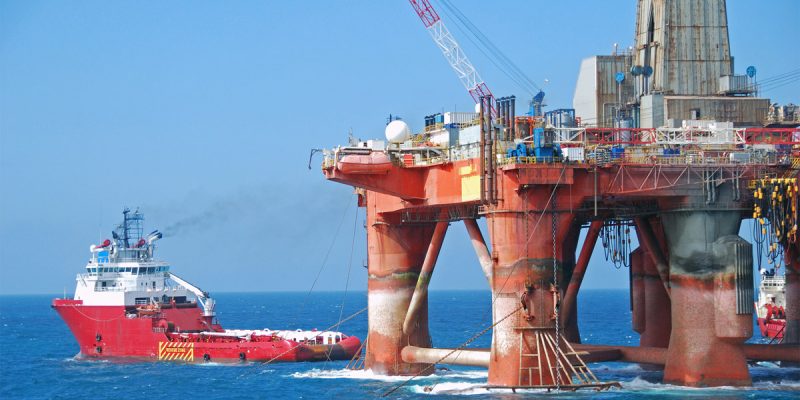Now that President Biden is in the White House, and already making swift actions on his energy agenda since Day One, a deeper dive into his policies is warranted.
Of particular note and of interest to all Louisianans should be where the President stands on energy issues. Biden’s move to ban all new oil and gas leasing on Federal lands and waters should be of specific concern as it could prove to be especially devastating to the economy of the Pelican State.
It is hard to understate the economic impact of the oil and gas industry in Louisiana. The industry supports a total of 249,800 jobs and contributes $73 billion annually to the state’s GDP through all supply chain links of oil and gas activity. This represents 26% of Louisiana’s total GDP.
The contributions to Louisiana’s coffers are just as impactful. In 2019 alone the oil and gas industry contributed $4.5 billion in taxes which represented 14.6 percent of total state taxes, licenses and fees collected. A further $159 million in Federal leasing fees collected by the Department of Interior’s Office of Natural Resources Revenue (ONRR) was also disbursed to the Pelican State in 2020. Much of that money goes to support environmental improvement projects, schools and other infrastructure throughout the state.
It is safe to say that undercutting this critical industry with a ban on new oil and gas leases on federal lands would be devastating for Louisiana. A new study found that should the President enact such a policy, over 48,000 jobs would be at risk and the state could lose $95 million in revenue.
As one of the top five states in both natural gas production and reserves and one of the top 10 states in both crude oil reserves and crude oil production, a leasing ban would also greatly diminish our ability to access cheap and reliable energy. In fact, given that much of the oil and gas production in our region occurs offshore, the ban on drilling in the Gulf of Mexico – one of America’s energy “breadbaskets” – could mean production of oil and natural gas in Gulf states could decline by 44% and 68% respectively. This would significantly undermine America’s energy independence and empower our adversaries in Russia and the Middle East.
Conversely opening up new areas of the Gulf of Mexico to oil and gas exploration, such as the Eastern Gulf planning area could prove to be an economic boon for Louisiana as we look to recover from the economic impacts of the coronavirus. Should the Congressional moratorium on drilling in this area be allowed to expire in 2022 and drilling commence, 24,000 new jobs could be created and an additional $1.4 billion in state revenue could be realized. The contrast between these two policy pathways is stark.
Advertisement
Ironically ending the development of new oil and gas wells in the name of mitigating greenhouse gas emissions would also cause the opposite to happen. The United Nations Emissions Gap Report 2020 recently found that the United States has made the most progress of any major economy in reducing its carbon footprint. In fact, the report found that while greenhouse gas emissions per capita continue to rise in China, India, and Russia, emissions in the United States have dropped on average 0.4% annually over the last ten years.
Much of this is due to the advent of cleaner burning natural gas for use in electricity generation, which resulted in 57% more emissions reductions versus renewables from 2005-2018. Biden’s federal leasing ban could reverse decades of environmental progress as national CO2 emissions in the power sector could increase by an average of 5.5% by 2030 if such a policy goes into effect.
President Biden is clearly concerned about climate change and is trying to find ways to take what he believes is meaningful action on the issue, but a Federal leasing ban is not the way to go about accomplishing his goals, and thus should be reconsidered. It will fail to help him achieve the emissions reductions he is targeting, and inflict unnecessary pain on the many workers supported by the oil and gas industry in Louisiana, especially as we work to recover from the economic fallout of the COVID-19 crisis. It is time for the President to come up with a new strategy for addressing climate change.
Shane Comeaux is a public policy and energy expert from Lockport, Louisiana who previously worked in offshore drilling operations. The LSU alumnus splits his time between Louisiana and the Washington, D.C. area.
Advertisement
Advertisement

